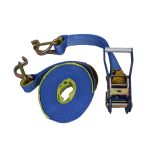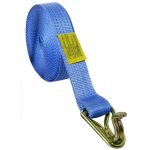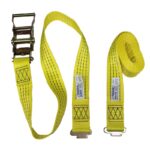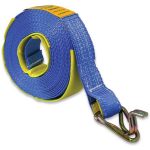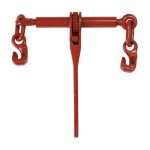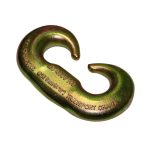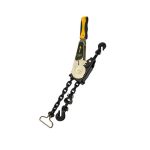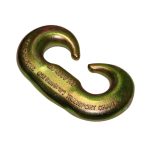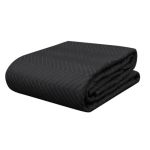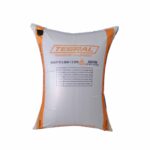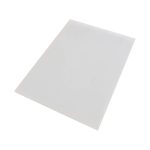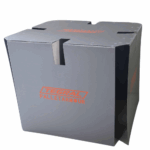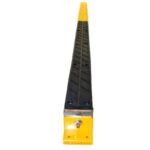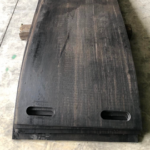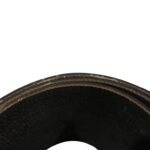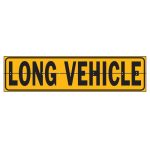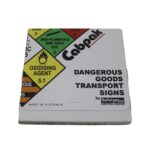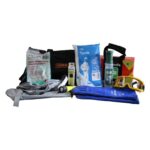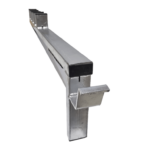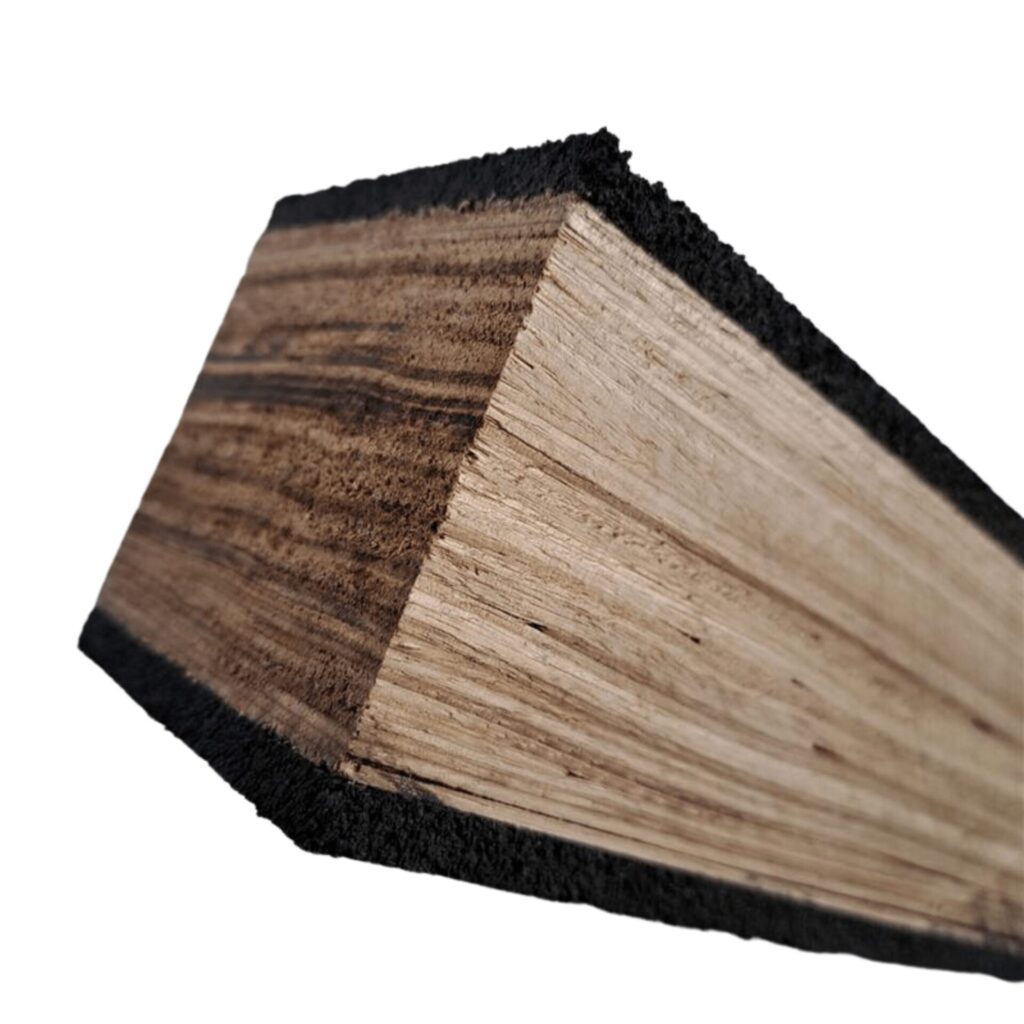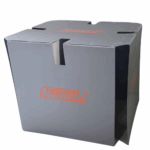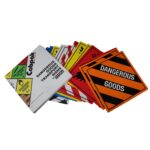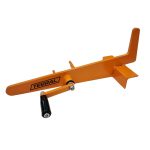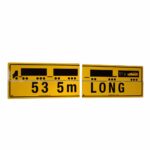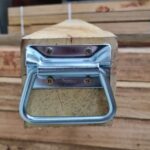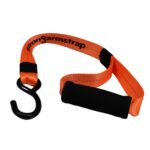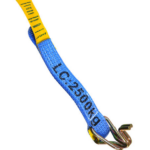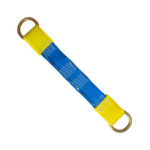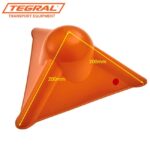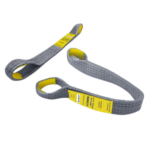In the load restraint industry, safety and stability are top priorities. Ensuring that cargo remains secure during transport is crucial, and the use of dunnage—blocks or lengths of wood used to support and secure cargo—is a key component of this process. Traditionally, solid timber has been used for dunnage, but with advancements in wood engineering, Laminated Veneer Lumber (LVL) is becoming a highly effective alternative.
In this blog, we’ll explore why LVL is an ideal material for timber dunnage, offering superior strength, durability, and sustainability.
What is LVL?
Laminated Veneer Lumber (LVL) is an engineered wood product made by bonding multiple thin layers of wood veneers together under heat and pressure. These veneers are aligned in the same direction, creating a material that is stronger and more stable than traditional solid wood. LVL is typically made from softwood species like pine or spruce, but it often incorporates outer layers of hardwood veneers to enhance its load-bearing capacity.
Why LVL is a Game Changer for Dunnage
For load restraint applications, using the right material for dunnage is crucial to keeping cargo secure, stable, and safe. LVL offers several key advantages that make it a better choice than solid timber for timber dunnage:
1. Superior Strength and Load-Bearing Capacity
LVL is designed to be stronger and more consistent than solid wood, which can have natural defects such as knots, splits, or warping. The engineered nature of LVL ensures uniform strength and durability, making it highly reliable for withstanding the heavy loads often encountered in transport. This enhanced strength means that LVL dunnage can support greater weight while maintaining its shape and stability over time.
2. Dimensional Stability
One of the key concerns with traditional timber is its tendency to warp, shrink, or swell due to changes in moisture or temperature. LVL is engineered to remain dimensionally stable, meaning it won’t bend or deform as easily when exposed to varying conditions. This makes it particularly effective for load restraint, where consistent performance is needed to prevent cargo shifts during transit.
3. Lightweight and Easy to Handle
While LVL is incredibly strong, it is also lighter than comparable solid wood products. This reduces the weight of dunnage used in transport, which can help save on fuel costs. Additionally, the lighter weight of LVL makes it easier for workers to handle, reducing strain and improving efficiency during the loading and unloading process.
4. Sustainability
Sustainability is becoming an increasingly important factor in every industry, and load restraint is no exception. LVL is made from fast-growing, renewable softwood species, reducing the demand for slow-growing hardwood forests. Furthermore, the production process of LVL is designed to minimise waste, as leftover veneers and wood residues can be used for other wood products or converted into biomass energy.
For companies focused on reducing their environmental footprint, switching to LVL for timber dunnage is a step toward more sustainable practices without compromising on performance.
5. Cost-Effective and Long-Lasting
LVL’s durability and longer lifespan offer significant savings over time. LVL is resistant to splitting, cracking, and wear, meaning it won’t need to be replaced as frequently. For companies in the load restraint industry, this translates into lower long-term costs for dunnage and fewer disruptions to operations.
LVL in Load Restraint: A Practical Application
When it comes to load restraint, proper dunnage selection plays a critical role in ensuring the safety and security of goods during transport. LVL can be used for various types of dunnage, including blocks, strips, and boards that separate and secure loads. It is especially useful for:
- Supporting heavy machinery and equipment: LVL’s high load-bearing capacity makes it ideal for supporting heavy, industrial-grade equipment during transportation.
- Stacking and stabilising goods: LVL’s dimensional stability ensures that loads remain secure even under stress or changing conditions, reducing the risk of movement or damage during transit.
- Protecting fragile cargo: LVL’s strength and consistency make it a reliable choice for protecting delicate or high-value items from shifting or impact during transport.
Final Thoughts: LVL for a Safer, More Sustainable Future in Load Restraint
The load restraint industry is constantly seeking ways to improve safety, efficiency, and sustainability. Laminated Veneer Lumber (LVL) provides a modern, reliable solution for timber dunnage that meets all of these needs. With its superior strength, dimensional stability, and environmental benefits, LVL is quickly becoming the preferred choice for companies looking to secure their cargo while reducing their environmental impact.
Switching to LVL for your dunnage needs can lead to safer transport, reduced long-term costs, and a more sustainable approach to load restraint. As the industry continues to evolve, LVL is poised to play an important role in setting new standards for safety and efficiency in cargo transport.
If you’re looking for a dunnage solution that offers unmatched performance, durability, and sustainability, LVL is the smart choice for the future of load restraint.
You May Also be Interested In
Corner Protection: 7 benefits for Transport and Load Security




